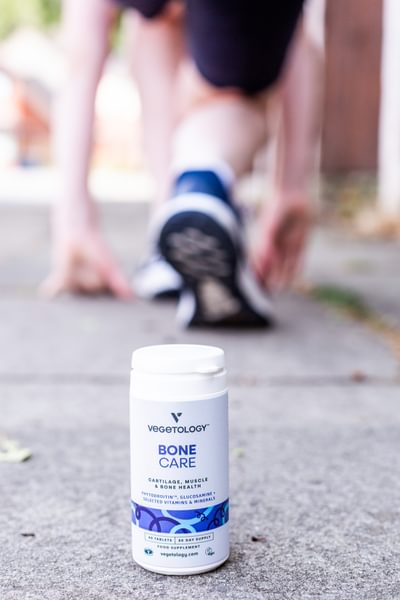
Cortisol is a hormone that our bodies produce from the adrenal glands in response to stress. Not always considered a negative, it plays a crucial role in many of our bodily functions. However it can have negative impacts on the body when chronic elevated levels of this stress hormone occur, and that can result in fatigue, poor mood, lower immune system and even weight loss or weight gain.
What is Cortisol?
Cortisol is a hormone that our bodies produce from the adrenal glands in response to stress. Not always considered a negative, it plays a crucial role in many of our bodily functions. However it can have negative impacts on the body when chronic elevated levels of this stress hormone occur, and that can result in fatigue, poor mood, lower immune system and even weight loss or weight gain.
What are the effects of Cortisol?
Cortisol, the primary stress hormone, increases sugar which is known as glucose, in the bloodstream and this then enhances the brain's use of glucose and increases the availability of substances in the body that repair tissues. Cortisol also slows functions that would be nonessential or harmful in a fight-or-flight situation.
Symptoms of high Cortisol include:

What supplements can help to reduce Cortisol
There are many ways to reduce and limit the effects of this stress hormone, but some include taking supplements that have ingredients known for their effective targeting and healing properties on the body. These include:

Other ways to reduce Cortisol
Reducing Cortisol levels often involves a combination of lifestyle changes and stress management techniques, such as:

